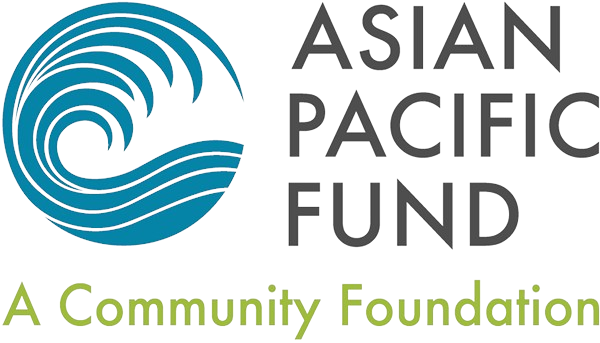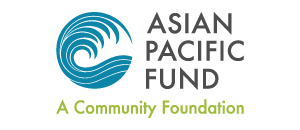The Desperate Eyes of the Children
Tiffany On, 1st Place
San Jose
George V. LeyVa Middle SchoolVietnam’s humid weather made me feel like I was stuck in a sauna. My clothes clung to my clammy skin and my mouth felt like cotton. I trekked along with Dad, Mom, and my older sister through the busy, polluted streets of Saigon toward a restaurant. I rushed ahead, eager for some decent air conditioning.
Abruptly, we stopped in our tracks. In front of us stood a little girl with darkly-tanned skin that framed a frail figure. Her physique did not match those of the Vietnamese people who bustled in the nearby markets. Her filthy clothes barely fit and her feet were bare, but what caught my attention were her eyes—dark, desperate eyes that cried for help. She cupped her hands and let out a dead groan, begging for money. For a good minute, I stared at her; after all, I had never seen a young beggar before. I recalled the bums in my neighborhood, the old men that held cardboard signs near stoplights, who seemed perfectly capable of getting a job. The idea of helpless children didn’t seem to fit in my perception of a society.
She groaned again. My family pitied her. Dad dropped several coins into her hand—it would probably buy her a small loaf of bread. As the coins fell with a clink into her hands, her face illuminated and her desperate eyes twinkled. I smiled. Then suddenly, the little girl turned and called out to somebody. I noticed a similar girl turn around. She was gently pulling on another tourist’s shirt. The other girl smiled and ran toward us, but she was not alone. A throng of about fifteen equally starving young girls followed her. Our mouths agape, my family pulled away across the street, carefully avoiding the cluster of speeding motorcycles. We ran away, because we hoped the stampede of hungry girls would give up and ask others for money. As we made it to the other side of the road, we turned and saw the consequence of our actions: the girls chased after us. I watched in chock as a girl, about four years old, ran across the street, ignorant of the speeding motorcycles.
Luckily, she safely joined the group of beggars that surrounded us. They pushed and pulled at our clothes. Their lifeless moans rang I my ears. The putrid smell of grimy, dirty bodies filled my nostrils. I scanned each individual. They were emaciated, and most seemed no older than eight years old. They all had the same lifeless, desperate eyes.
My heart ached. One five-year-old girl was holding an infant, whom looked too famished to have the energy to cry. As a girl myself, I knew that the city streets were not a safe place for children. I wanted to burst into tears, but the girl’s increasingly tightened grip suffocated and scared me. Dad gave a few of the younger children some coins and ordered them to leave through assertive tones and hand gestures. Their faces were all delighted, even though my family knew the money could only buy a decent meal for three children. My family continued to our destination, leaving the girls behind. I stared at the ground all the way to the restaurant, deep in thought, picturing myself in their shoes. I imagined myself leaving my family who could not afford my necessities. Like an unwanted alien, I would spend my days begging for food and money, weak from long periods of starvation. I would have no place to sleep, stay warm, and feel safe.
When I returned to my comfortable home in California, I couldn’t help feeling grateful that I am growing up Asian in America. I can go to school, be whatever I want to be in the future, and live in a society that will help keep me off the streets. Every time I see children who are less fortunate, I recall those girls. I make sure I spare a thought for them, so I am constantly reminded of my goal to help the millions I poverty, whether they are the starving children in Asia, or the dehydrating children in Africa. When I grow older, I will accomplish this goal by volunteering to provide public services in third-world countries, by donating a portion of my income, and by encouraging others to do the same.
If I could make the world a better place, I would eliminate poverty. Poverty encompasses the live of almost half the children in the world. Every day, at least 20,000 of those children die—that’s approximately one death every four seconds. The young girl’s desperate eyes were etched in my memory. It shattered my heart, but it awakened my need to help the people in poverty.

